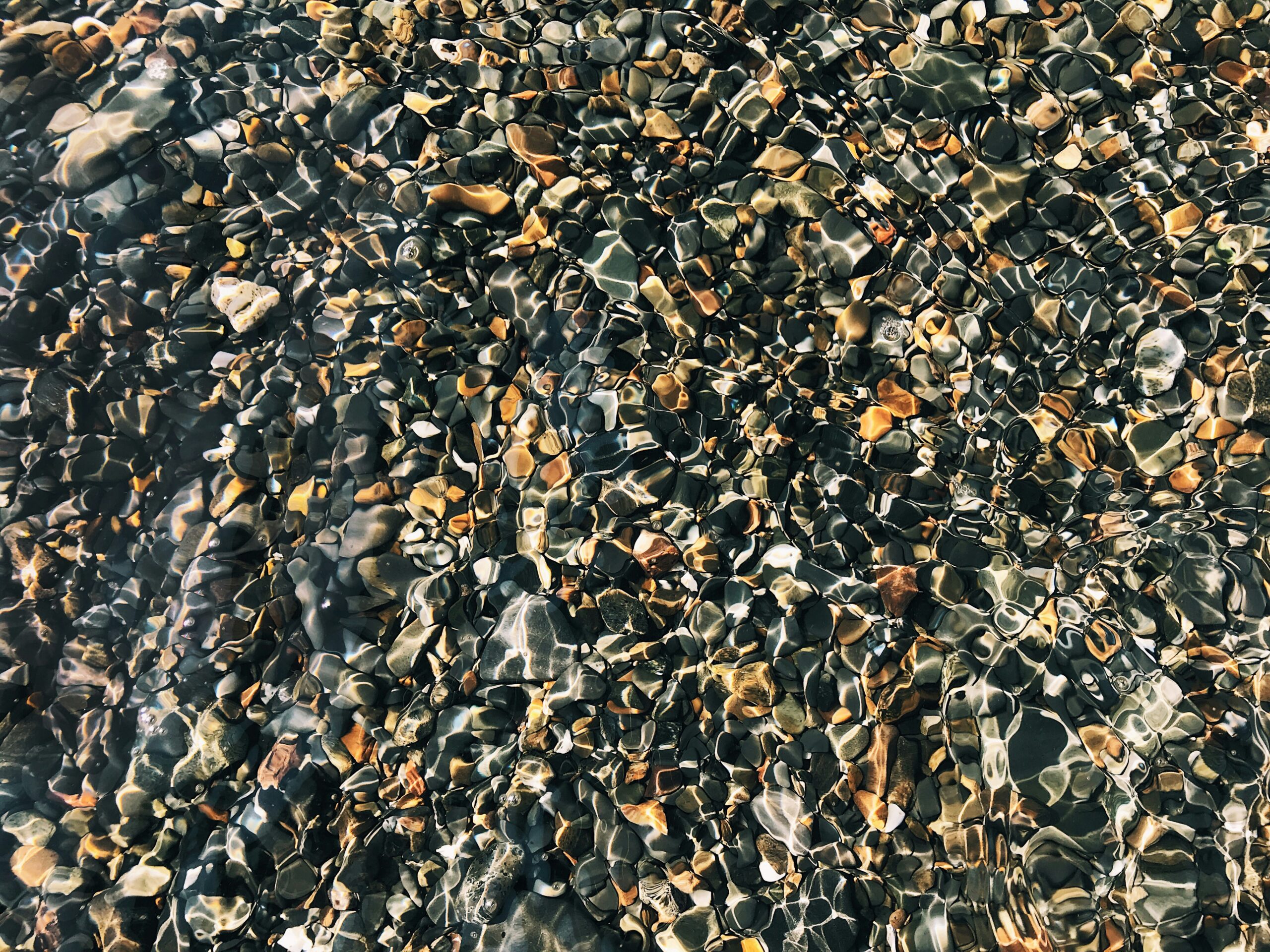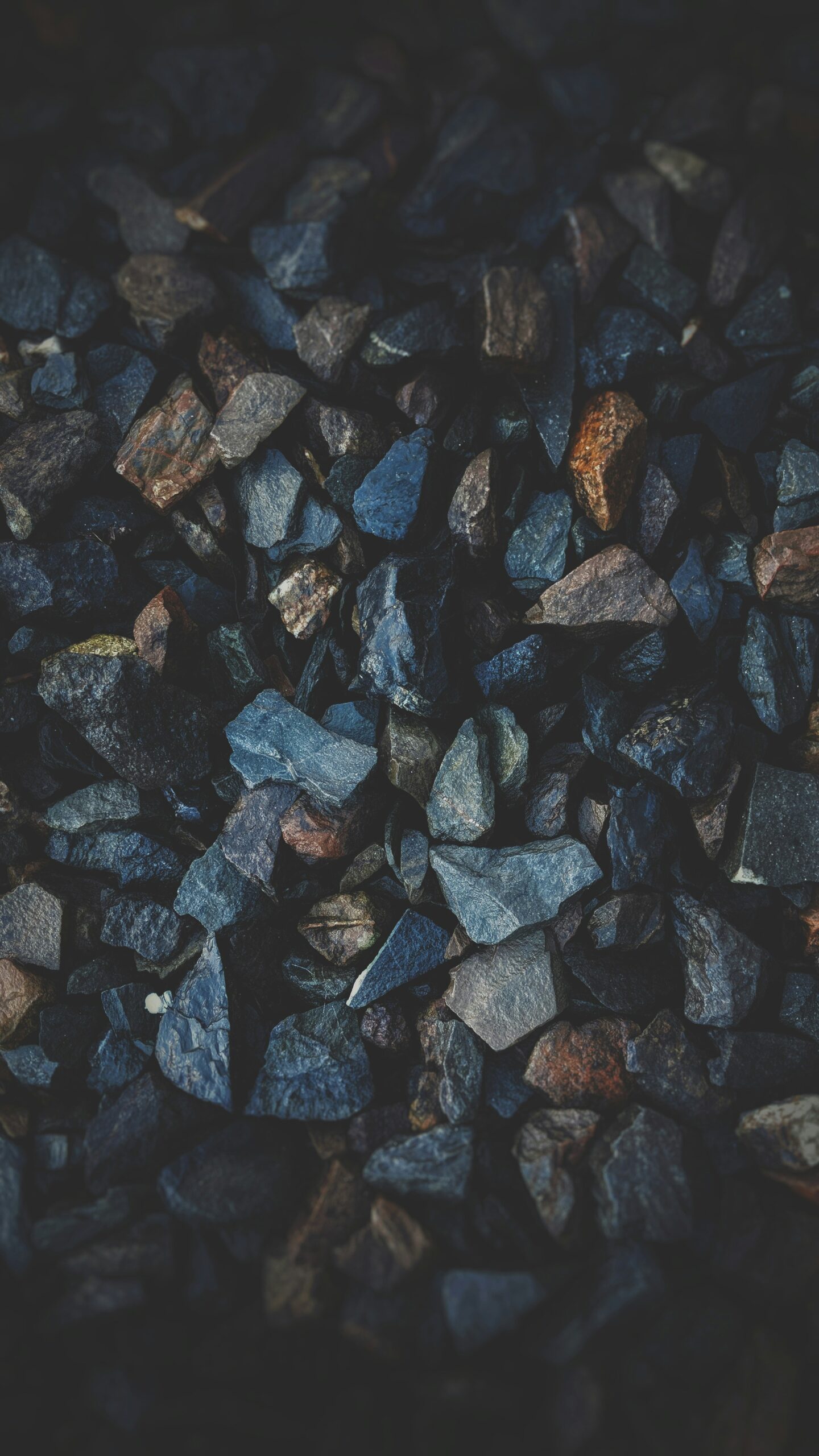Have you ever wondered if smelly urine could be indicating something more serious, like kidney stones? In this article, we’ll explore the connection between smelly urine and kidney stones, providing you with valuable information that can help you identify potential health concerns. So, if you’ve been curious about whether that pungent odor in your bathroom is something to be concerned about, keep reading to find out more.

Understanding Kidney Stones
Kidney stones are hard deposits that form in the kidneys or urinary tract. They can vary in size and shape, and may be composed of different substances such as calcium, oxalate, or uric acid. These stones can cause immense pain and discomfort when they pass through the urinary system.
Definition of Kidney Stones
Kidney stones, also known as renal calculi, are solid masses that form in the kidneys when certain substances crystallize and accumulate. They can range in size from a grain of sand to a pea or even larger. When the stones become too large, they may get stuck in the urinary tract, causing blockages and severe pain.
Causes of Kidney Stones
There are various factors that contribute to the formation of kidney stones. The most common causes include:
- Dehydration: Lack of sufficient fluid intake can lead to concentrated urine, which increases the likelihood of stone formation.
- Dietary factors: Consuming foods high in oxalate, such as spinach, beets, and chocolate, or high in salt, can increase the risk of developing kidney stones.
- Family history: If you have a family history of kidney stones, you may be at a higher risk of experiencing them as well.
- Obesity: Being overweight or obese can increase your chances of developing kidney stones.
- Certain medical conditions: Conditions such as urinary tract infections, cystic kidney disease, and hyperparathyroidism can predispose you to kidney stone formation.
- Medications: Some medications can increase the risk of kidney stone formation, including certain diuretics, antacids, and protease inhibitors.
Prevalence of Kidney Stones
Kidney stones are quite common, affecting approximately 10% of the population worldwide. The prevalence of kidney stones is on the rise, with factors such as dietary changes and sedentary lifestyles contributing to the increase. Men are more likely to develop kidney stones than women, and the risk increases with age.

Signs and Symptoms of Kidney Stones
Kidney stones may not always cause noticeable symptoms, particularly when they are small and pass through the urinary system without obstruction. However, when symptoms do arise, they can be extremely uncomfortable. Common signs and symptoms include:
Types of Symptoms
- Severe pain: The hallmark symptom of kidney stones is excruciating pain that typically starts in the back or side and radiates to the lower abdomen or groin area.
- Hematuria: Blood in the urine, also known as hematuria, can occur due to the irritation and damage caused by the stones.
- Urinary urgency: You may experience a frequent urge to urinate, often in small amounts.
- Cloudy or foul-smelling urine: Kidney stones can sometimes cause changes in urine odor, making it smell stronger or more unpleasant.
- Nausea and vomiting: Severe pain can trigger nausea and vomiting as a secondary response.
- Difficulty urinating: The presence of kidney stones can obstruct the flow of urine, making it difficult to pass urine normally.
Severity of Symptoms
The severity of symptoms can vary from person to person and depends on factors such as the size and location of the kidney stones. Larger stones may cause more intense pain and can lead to complete urinary tract blockage, requiring immediate medical intervention.
When to Seek Medical Attention
If you suspect that you have kidney stones or are experiencing severe pain and discomfort, it is important to seek medical attention promptly. A healthcare professional can diagnose and determine the appropriate course of treatment for your specific situation.
Correlation between Smelly Urine and Kidney Stones
Smelly urine can be an indicator of kidney stones, although it is not always present in every case. The odor associated with kidney stones is often described as strong, foul, or ammonia-like. This odor occurs due to the chemical composition of the stones and their interaction with urine.
How Kidney Stones Can Cause Smelly Urine
Kidney stones can cause smelly urine primarily due to the presence of bacteria in the urinary tract. When stones cause a blockage or obstruction, urine may remain stagnant, providing an environment for bacterial growth. The bacteria produce volatile compounds that contribute to the unpleasant odor.
Other Urinary Changes Associated with Kidney Stones
In addition to smelly urine, kidney stones can also cause other noticeable changes in urination. These may include an increased frequency of urination, a sense of urgency, and a cloudy appearance. These changes occur due to the irritation and inflammation caused by the stones.

Other Causes of Smelly Urine
While kidney stones can contribute to smelly urine, there are other potential causes to consider as well. Some of these include:
Urinary Tract Infection
A urinary tract infection (UTI) can cause a strong, unpleasant odor in urine. UTIs occur when bacteria enter the urinary tract and multiply, leading to infection. Along with smelly urine, other symptoms of a UTI may include pain or burning during urination, frequent urges to urinate, and lower abdominal pain.
Dehydration
Dehydration can result in concentrated urine, which can have a stronger odor. When the body lacks sufficient fluids, the kidneys conserve water by producing less urine. As a result, the urine becomes more concentrated and may have a more pronounced smell.
Certain Foods and Medications
Certain foods and medications can also cause changes in urine odor. For example, consuming foods such as asparagus, garlic, or broccoli can give urine a temporary strong odor. Additionally, some medications may alter the scent of urine as a side effect.
Diagnosing Kidney Stones
To diagnose kidney stones, healthcare professionals may utilize various diagnostic tests to confirm their presence and determine the appropriate treatment plan. These tests may include:
Common Diagnostic Tests
- Medical history and physical examination: A healthcare provider will review your medical history and perform a physical examination to assess your symptoms and look for signs of kidney stones.
- Urinalysis: A urine sample can be analyzed for the presence of blood, bacteria, and other substances that may indicate the presence of kidney stones.
- Blood tests: Blood tests, such as a complete blood count and blood chemistry panel, can provide information about kidney function and identify any underlying medical conditions that may be contributing to stone formation.
Imaging Techniques
- X-rays: X-rays can detect the presence and location of kidney stones. They are particularly effective in identifying stones composed of calcium.
- Ultrasound: Ultrasound uses sound waves to create images of the kidneys and urinary tract. It is non-invasive and can help visualize the stones and any associated complications.
- CT scan: A computed tomography (CT) scan provides detailed images of the urinary system and can accurately identify the size, location, and number of kidney stones.
Laboratory Tests
- Stone analysis: If a kidney stone is passed or removed, it can be sent to a laboratory for analysis. This analysis can reveal the composition of the stone, which can guide treatment and prevention strategies.
Treatment Options for Kidney Stones
The treatment of kidney stones depends on factors such as the size, location, and composition of the stones, as well as the presence of symptoms. Treatment options may include:
Pain Management
For smaller stones that are likely to pass on their own, pain management is often the primary focus. Over-the-counter pain medications such as ibuprofen or acetaminophen can help alleviate discomfort. Drinking plenty of fluids can also aid in the passage of the stones.
Surgical Options
If the stones are too large to pass spontaneously or are causing severe symptoms, surgical intervention may be necessary. Common surgical procedures include extracorporeal shock wave lithotripsy (ESWL), ureteroscopy, and percutaneous nephrolithotomy. These procedures aim to remove or break up the stones, allowing them to pass out of the body more easily.
Alternative Remedies
In addition to conventional medical interventions, some individuals may choose to explore alternative remedies. These can include herbal supplements, dietary modifications, and lifestyle changes. However, it is important to consult with a healthcare professional before trying any alternative remedies, as their efficacy and safety vary.
Preventing Kidney Stones
Prevention strategies can significantly reduce the risk of recurrent kidney stones. Implementing the following measures may help prevent their formation:
Dietary Changes
- Stay hydrated by drinking an adequate amount of water daily.
- Limit the consumption of foods high in oxalates, such as spinach, rhubarb, and peanuts.
- Reduce sodium intake to avoid excessive calcium excretion in the urine.
- Moderation is key when it comes to consuming animal protein, as an excessive intake can increase the risk of stone formation.
- Be mindful of the intake of foods high in purines, such as organ meats and shellfish, as they can contribute to uric acid stones.
Lifestyle Modifications
- Maintain a healthy weight through regular exercise and a balanced diet.
- Avoid excessive alcohol consumption, as it can dehydrate the body and contribute to stone formation.
- Limit the intake of sugary beverages, as they can increase the risk of stone formation.
Medication
For individuals with a higher risk of recurrent kidney stones, healthcare professionals may prescribe certain medications to help prevent their formation. These medications work by modifying urine composition or inhibiting the crystallization of substances that contribute to stone formation.
Management of Smelly Urine
If smelly urine persists and is not accompanied by other symptoms or medical conditions, there are some measures you can take to manage it:
Hydration
Drinking plenty of water throughout the day can help dilute the urine and reduce the concentration of substances that contribute to the odor. Aim to consume at least eight glasses of water daily, or more if recommended by your healthcare provider.
Over-the-Counter Remedies
There are over-the-counter products available that claim to reduce urine odor. These products typically contain ingredients that help neutralize the odor-causing compounds in urine. Before using any over-the-counter remedies, it is best to consult with a healthcare professional to ensure their safety and effectiveness.
When to Consult a Healthcare Provider
If you experience persistent smelly urine accompanied by other concerning symptoms, such as pain, blood in the urine, or changes in urinary frequency, it is essential to consult a healthcare provider. They can evaluate your symptoms, perform any necessary diagnostic tests, and recommend appropriate treatment options.
Impact of Kidney Stones on Quality of Life
Kidney stones can have a significant impact on a person’s quality of life. The physical discomfort caused by the stones, along with the potential complications and treatment requirements, can disrupt daily activities and lead to psychological distress.
Physical Discomfort
The pain associated with kidney stones can be excruciating and debilitating, often requiring medical intervention for relief. The discomfort may persist until the stones pass or are treated. This can cause discomfort, fatigue, and difficulty performing everyday tasks.
Disruption of Daily Activities
During a kidney stone episode, individuals may find it challenging to carry out their usual activities, such as work, household chores, and social engagements. The pain, frequent urination, and other symptoms can limit mobility and productivity, affecting overall well-being.
Psychological Distress
Living with kidney stones can also result in psychological distress. The uncertainty of when the next stone may occur, the fear of experiencing intense pain again, and the impact on overall health can lead to anxiety, depression, and reduced quality of life.
Conclusion
In summary, smelly urine can sometimes be a sign of kidney stones, but it is not always present in every case. Kidney stones are hard deposits that form in the kidneys or urinary tract and can cause severe pain and discomfort. It is important to be aware of the signs and symptoms of kidney stones, as seeking medical attention promptly can lead to early detection and appropriate management.
If you suspect you may have kidney stones or notice changes in your urine, it is essential to consult a healthcare professional for an accurate diagnosis. From there, a treatment plan can be tailored to your specific situation, utilizing various approaches such as pain management, surgical interventions, or alternative remedies.
Prevention is key in reducing the risk of kidney stones, and implementing dietary changes, lifestyle modifications, and medication if necessary can help prevent their formation. Smelly urine can also be managed through hydration and over-the-counter remedies, but it is important to consult a healthcare provider if the odor persists or is accompanied by other concerning symptoms.
Living with kidney stones can be challenging, impacting physical comfort, daily activities, and psychological well-being. However, with early detection, proper management, and support, individuals affected by kidney stones can lead fulfilling lives and minimize the impact on their overall quality of life.

